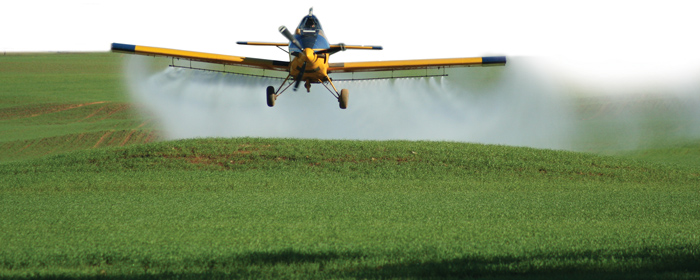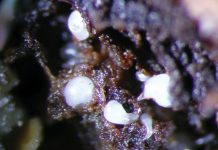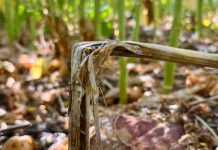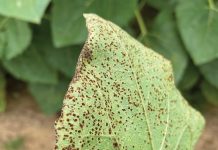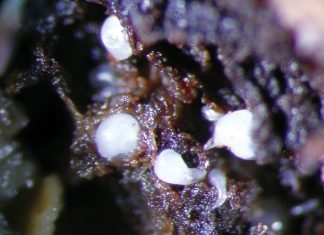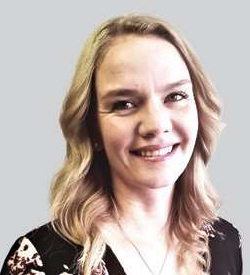
CropLife SA often receives queries from people who want to sign up for the ‘AVCASA course’ or who would like to become ‘AVCASA-accredited’. However, this is problematic for a number of reasons, the most obvious being that the entity AVCASA does not exist anymore.
The Association of Veterinary and Crop Associations of South Africa (AVCASA) used to represent the South African Animal Health Association (SAAHA) on the animal science side, and CropLife South Africa on the plant science side. A few years ago, the two associations each became their own entities and AVCASA was dissolved.
Since then, all the projects, courses and programmes pertaining to plant science, fall under the CropLife SA banner, including the Basic Crop Protection course, which was previously known as the ‘AVCASA course’. While attempting to rectify the terminology, a few other misconceptions came to the fore which need clarification as provided below.
The difference between completing the CropLife SA Basic Crop Protection course and being CropLife SA ‘accredited’ (CPD compliant)
Sometimes there is confusion between completing the Basic Crop Protection course and participating in the CropLife SA CPD programme, or rather, being ‘CropLife SA- accredited’ (old AVCASA) as some people refer to it. Firstly, we need to address the fact that a person is not CropLife SA-accredited – rather, they are compliant with the CPD programme. Secondly, people tend to think that if they have completed the Basic Crop Protection course, that they are now compliant, and sometimes they even refer to themselves as CropLife SA members. To clarify, the Basic Crop Protection course can be completed by any individual who registers and pays the course fee. If the person passes the course, they are issued with a certificate with a unique certificate number. This certificate number is not the same as a CropLife SA crop adviser number and it does not mean that a person who has completed the course is compliant.
A person can only be compliant if he/she is in the employ of a CropLife SA member company, participates in, and fulfils the requirements of the CPD programme. This needs to be done yearly as the validity expires at the end of each cycle in April, which is why it is important that producers verify the date of the digital CropLife SA card. Although individuals can participate in the CPD programme, they themselves are not CropLife SA members. The companies that they represent are the members. Only the official CropLife SA digital card, or, in exceptional circumstances, a letter on a CropLife SA letterhead confirming the number and compliance, may be used for identifying a CropLife SA-compliant crop adviser.
Becoming registered with the Department of Agriculture, Land Reform and Rural Development (DALRRD)
There also seems to be a misconception about becoming a pest control operator (PCO) and being a compliant crop adviser. A PCO can become a PCO regardless of whether they are employed by a CropLife SA member or not. A PCO must be registered as a pest control operator in terms of Section 7 (2) of Act No. 36 of 1947 in order to offer pest control services in the course of business to another person or business. A farmworker who applies agricultural remedies on the farm is not a PCO and does not have to be registered as such, nor does a crop adviser who sells the crop protection products to the producer. A person who offers pest control to a producer, but who is not employed by the producer, is considered a PCO. The same applies to pilots who offer aerial application services, although they need to comply with additional requirements as set out by the Civil Aviation Act and its regulations.
This aspect often leads to confusion as well, because prospective operators think that a specific company can issue these registrations, or that a certain course is sufficient for registration. This is not the case. There are companies that offer courses that can be used as part of the application to become a registered PCO, but the registration can only be approved by the Registrar of Act No. 36 of 1947, no one else. The courses that can be used for the PCO registration application are listed on the PCO application form, which can be obtained on the website of the DALRRD.
Hopefully, this provides some clarity on the terminology used in the crop protection industry so that producers can insist on receiving advice and services from the appropriate, correctly qualified individuals.
